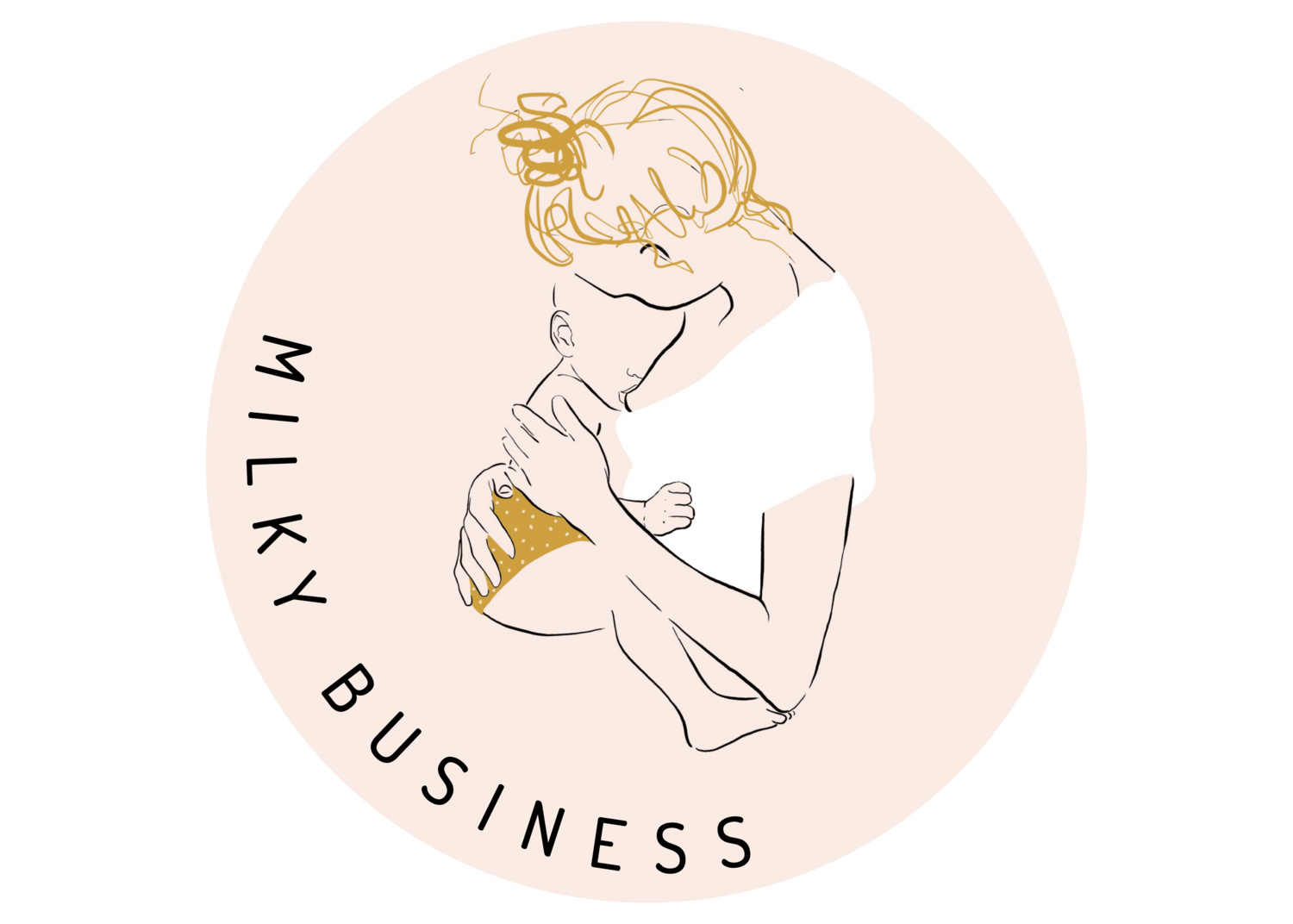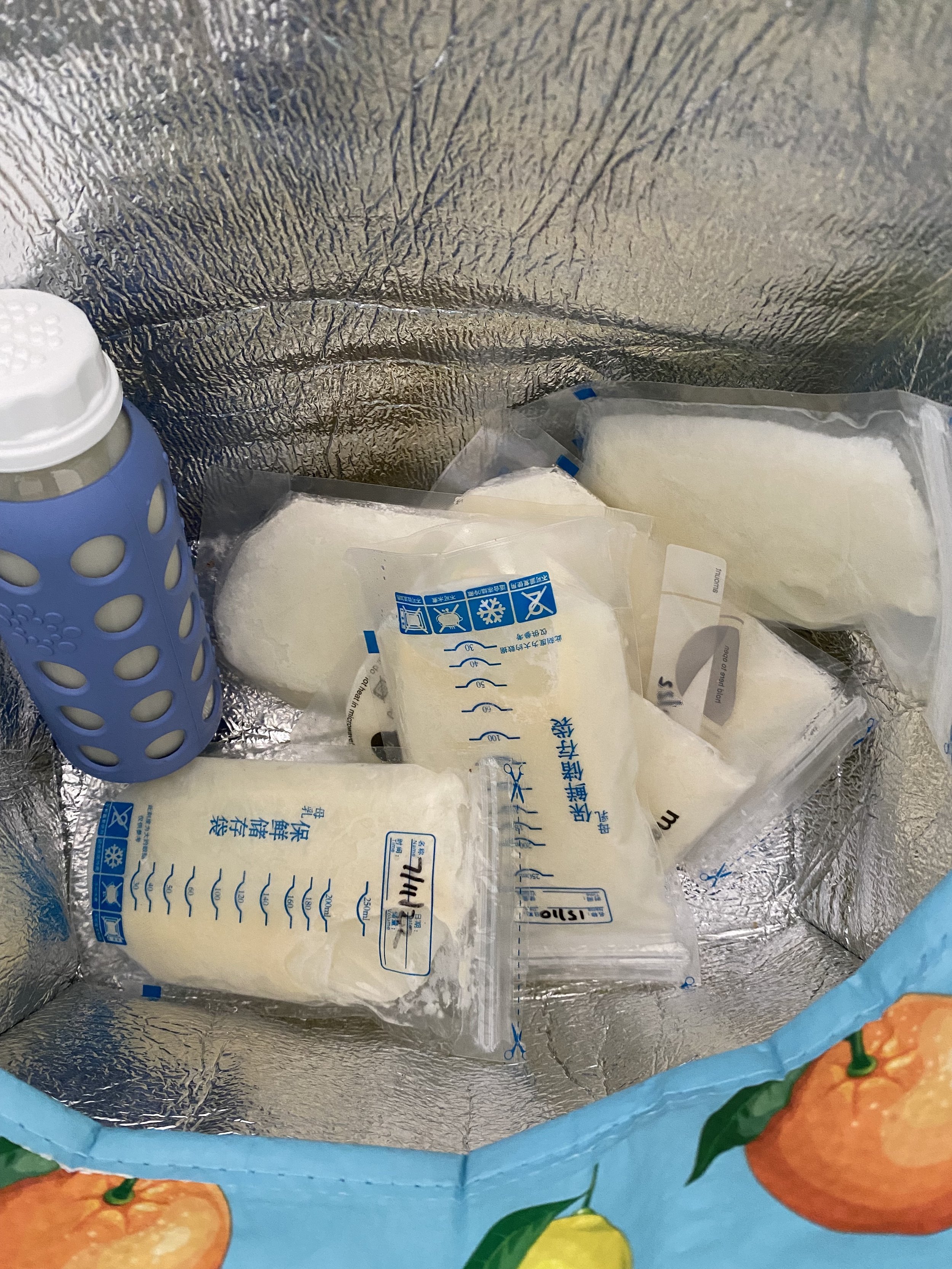All about donor milk
Milk sharing is as old as time. For centuries women have been sharing breastmilk, although historically this was usually directly breastfeeding another woman’s baby (known as wet nursing). The World Health Organisation describes donor breastmilk as the next best option after a mothers own milk. Donor milk can be life saving, especially in times of crisis where artificial formula shortages or issues occur.
In Australia there are two kinds of milk sharing- formally through milk banks, or informally through peers. So what’s the difference?
Milk banks are responsible for collecting milk, pasteurising it and then supplying it to mothers and babies. While milk is donated freely (as it’s illegal to charge or be compensated), it is costly to purchase. Milk is usually reserved for premature infants or those in Neonatal Intensive Care Units only. This option isn’t available in every state either, and often only in metropolitan areas.
So what about informal milk sharing?
Milk sharing amongst mums is more common than you would think, and overtime and with education we are seeing it normalised (as it should be!). Milk can be shared between family members, sisters, community groups or through women who have never met but connected through a care provider or groups such as Human Milk 4 Human Babies. Donations can occur on a once off or an ongoing basis. There is a lot of trust and communication that is required between donor and recipient mums.
Sisterhood is so powerful. This was 4L of milk I collected from 3 generous women within 4 hours of putting a call out
What should I consider when using donor milk?
There are multiple things to consider when considering donor milk. You may want to ask each individual donor about all of these topics, or perhaps only some. The recipient needs to trust the donor and the donor needs to be honest.
You may consider:
•How the milk was collected and stored. This sounds simple, but ensuring that pump parts were washed appropriately, milk was chilled or frozen in a timely manner and where, can all help to reduce the bacterial content in breastmilk. This is most critical for premature or immune compromised babies. The age of the milk matters depending on the age of the baby receiving it. Breastmilk does not expire in the freezer but it does lose nutritional value over time. Older milk is suitable for older babies, toddlers or adults (such as those undergoing cancer treatment).
•Mothers medical history, including HIV, Hepatitis B and C, Cytomegalovirus, and Syphilis. These are usually available from a mothers routine antenatal screening, but additional testing can be sought through a GP.
•Use of medications. The vast majority of medications are compatible with breastfeeding, however it may be helpful for the donor or recipient to review these with reliable resources. Most states have a state wide pharmaceuticals in pregnancy and breastfeeding helpline run by pharmacists which can assist with providing the research and safety ratings of various medications.
•Alcohol, smoking and other drug use. Alcohol is a commonly used drug in Australia, and while compatible with breastfeeding, amounts of alcohol in breastmilk are likely to be at their highest if a mother pumped soon after consuming alcohol. Recreational drugs are all known to pass into breastmilk and many come with a recommendation to avoid breastfeeding for a certain period of time (hours through to days), depending on the drug.
Who may be suitable for donating milk informally:
•Those with an oversupply of milk
•Those who exclusively pump and have excess
•Those who have experienced stillbirth or infant loss and want to provide breastmilk for another baby
•Those who take medication (even routine and low risk) and are ineligible for donating to a milk bank
Who may be suitable for receiving milk informally?
•Those who have had breast surgery such as lumpectomy, mastectomy or reduction impacting supply
•Those with insufficient glandular tissue
•Those with unwell babies needing immediate supplementation e.g. premature, low blood sugar level etc.
•Those who are experiencing a delay in milk supply establishing
I have milk to donate, where do I start?
Milk banks often won’t accept milk expressed before they have completed a screening process, so any existing milk will need to be donated informally. Formal options in Australia include LifeBlood, Mothers Milk Bank Charity (QLD), Mercy Health Breastmilk Bank (Vic), PREM Milk Bank (WA), RPAH (NSW) and Royal Brisbane and Women’s Hospital Milk Bank (QLD).
If you are interested in informal milk sharing, then the Human Milk 4 Human Babies (your state) Facebook page is a great place to start. You can connect directly with other mothers and establish relationships. You may reach out to local midwives and doulas who could have clients in need. Another option is posting in local mothers groups.
How does a milk sharing relationship work?
In Australia it is illegal to request money for or provide compensation for any bodily fluid or product, breastmilk included. However it is routine that that the recipient offer to replace any milk storage bags used in the process. Ultimately, the donor has full control and choice over who receives their milk. They can decline to provide milk in response to requests, can change their mind as to who receives the milk and can stop expressing or supplying breastmilk at any point. Expressing, storing and cleaning is incredibly arduous work and it is important that women who donate breastmilk are respected. They are giving of their time, energy, body and finances (pump, parts and resources).
Remember
All breastmilk is good and valuable. Whether it’s a single bag or 10 litres that you are donating, it all matters and is an incredible gift. If your milk is high lipase, there are babies who drink it, so don’t throw it out! If your milk is older than 12 months, it’s perfect for toddlers. If you’d like to donate but you just make enough milk for your own baby, that’s ok too. There are so many ways we can make community and support other women, donating milk is just a single, incredible way.




